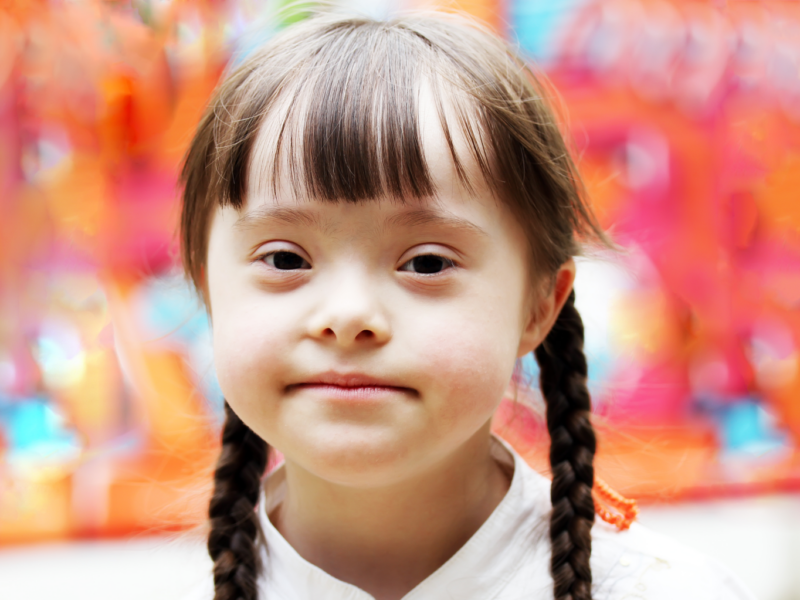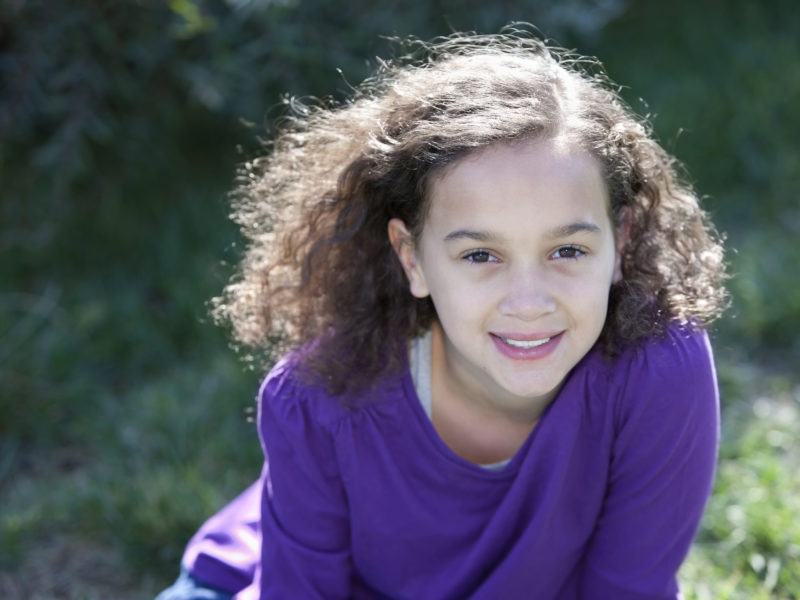How Domestic Violence Affects Child Development
How Domestic Violence Affects Child Development https://pediatricsnationwide.org/wp-content/uploads/2020/09/Boy-backpack-header-1024x575.gif 1024 575 Kristin Crichton, DO, MPH Kristin Crichton, DO, MPH https://pediatricsnationwide.org/wp-content/uploads/2021/03/Kristin-Crichton.jpg- September 28, 2020
- Kristin Crichton, DO, MPH

Domestic violence in the home affects more than just the immediate victim. If children are present to see and/or hear it, it takes a toll on their healthy, natural development unless they receive support to help them cope and heal. Children exposed to violence may experience issues with attachment, school engagement, academic success, relationships and parenting.
A visit to the pediatrician may be an opportunity for a victim of domestic violence to seek help for themselves and their children. Children who are exposed to violence in their home are at increased risk for being abused and neglected with studies demonstrating a 30-60% co-occurrence of domestic violence and child maltreatment. Furthermore, children exposed to domestic violence are more likely to develop medical, behavioral and psychological problems in adolescence and adulthood. Identification of violence in the home can significantly improve a child’s life. The American Academy of Pediatrics recommends screening for domestic violence and having an action plan for how to proceed once domestic violence is identified.
Each child and situation is different, including their reactions. Some may have an emotional or physical reaction to violence. Reactions can be immediate or delayed. These can differ in severity and cover a range of behaviors. How a child responds to ongoing violence can vary by age. Here are some examples:
Young children (age 5 or under):
– May be strongly influenced by caregiver’s reactions
– Be irritable or fussy
– Become easily startled
– Cling to caregivers
– Demonstrate younger behavior (thumb sucking, bed wetting)
Elementary school-age children (6-12 years):
– Have difficulty paying attention at school or at home
– Become quiet or withdrawn
– Fight with peers or adults
– Show negative changes in school performance
Older children (13-18 years):
– Exhibit the most behavioral changes as a result of exposure to violence
– Sleep more or less than usual
– Refuse to follow rules and talk back
– Talk about the violent event(s) all the time or deny that it happened
– Experience frequent nightmares
What Should You Do As A Pediatrician?
Having a protocol developed with input from local shelters and victim advocacy groups in place is helpful for providing a family resources promptly when concerns for domestic violence arise. Understanding your local mandate for reporting domestic violence or a child’s exposure to domestic violence is important, as these vary by state. Information about shelters, legal support and crisis counseling should be provided to the caregiver in a safe way that is not discoverable by the abuser. Assessment of the harm and lethality risks in the home should be done with the goal of protecting children from danger. Children should also be referred for trauma-informed counseling.
It is natural to hope that a child’s reactions will go away on their own within a few weeks. But if this isn’t the case, don’t ignore it. It’s important for a child to regain the feeling of safety and trust again.
If you believe a child may be in an unsafe home situation or witnessed domestic violence in the past, please call The Center for Family Safety and Healing at 614-722-8200 to learn about next steps.
For more information about behavioral health programs and services in Ohio, click here.
Nationally, you can contact the National Domestic Violence Hotline 24/7 at 1 (800) 799-7233 or National Child Abuse Hotline at 1 (800) 4-A-Child or 1 (800) 422-4453.
Image credit: Adobe Stock
About the author
Dr. Kristin Crichton is a child abuse pediatrician at Nationwide Children's Hospital in Columbus, Ohio. She is board-certified in general pediatrics and child abuse pediatrics. Her clinical interests include child sexual abuse, child physical abuse and caring for children in foster care; her research interests include improving early detection of physical abuse. Dr. Crichton has master’s degrees in both public health and experimental psychology. She serves on the Biomedical Ethics Committee at Nationwide Children's. Additionally, Dr. Crichton is a member of the Ray Helfer Society and an active member of the AAP Ohio Chapter Committee on Child Abuse and Neglect.
-
Kristin Crichton, DO, MPHhttps://pediatricsnationwide.org/author/kristin-crichton-do-mph/April 27, 2020
- Posted In:
- Features







